Fuente: Banco Mundial / 4 de Julio de 2016
Bajemos la temperatura: De la ciencia climática a la acción
About this course: Todas las regiones del mundo se enfrentan a vulnerabilidades concretas ante el cambio climático y tienen diversas oportunidades de mitigar los efectos y aumentar su resiliencia en el siglo XXI. La comunidad internacional ha expresado su intención de actuar al respecto mediante el Acuerdo de París en la 21ª Conferencia de las Partes en la Convención Marco de las Naciones Unidas sobre el Cambio Climático. De hecho, décadas de avances en desarrollo se ven amenazadas si no se adoptan medidas contra el cambio climático, lo que significa que nos encontramos en un momento de «ahora o nunca». Este curso presenta las pruebas científicas más recientes sobre el cambio climático, explica los distintos efectos de alcance regional y difunde estrategias de acción contra el cambio climático, así como oportunidades para que pueda tomar medidas en relación con el cambio climático.
Acerca del curso Este MOOC orientado a la acción le brindará la oportunidad de conocer los efectos del cambio climático a escala regional y las estrategias sectoriales específicas utilizadas para aumentar la resiliencia y avanzar hacia un futuro con bajas emisiones de carbono. Tendrá la oportunidad de estudiar a fondo estas cuestiones y adaptar su experiencia de aprendizaje a una o varias de las siguientes regiones: • América Latina y el Caribe • África Subsahariana • Oriente Medio y Norte de África • Europa Oriental y Asia Central • Asia Oriental y el Pacífico • Asia Meridional
Para ello el MOOC reúne a reconocidos científicos y responsables políticos que ofrecerán un resumen de las últimas pruebas científicas sobre el cambio climático, estrategias de desarrollo con bajas emisiones de carbono y capacidad de adaptación al cambio climático a escala regional entre sectores, así como un análisis del Acuerdo de París y otros de los resultados de la 21ª Conferencia de las Partes.
Programa del curso
Descripción Bajemos la temperatura: La ciencia climática pasa a la acción se divide en cuatro semanas. En las primeras dos semanas se presentará una visión global de las pruebas científicas del cambio climático, que irá seguida de perspectivas específicas de cada región sobre los efectos de un aumento de la temperatura en el mundo en el siglo XXI. Las últimas dos semanas se centrarán en las estrategias de acción emprendidas en distintas regiones y países para abordar el desafío climático, y sobre cómo puede actuar la población de manera individual.
Semana 1: El cambio climático en el siglo XXI • Cambios históricos y previstos observados en el sistema climático en los últimos años del siglo XXI. • El potencial de contribución prevista determinada a nivel nacional (CPDN) presentada en la 21ª Conferencia de las Partes por parte de 187 países para inducir a la acción climática. • Tendencias de los efectos del cambio climático, entre otros la pérdida de la capa de hielo del Ártico, el deshielo de los glaciares, el aumento de las olas de calor y las temperaturas extremas, la sequía y la aridez. • Las posibles respuestas de los sistemas naturales, explicando cómo el calentamiento podría dar lugar al aumento del nivel del mar, a olas de calor y temperaturas extremas, y a la acidificación de los océanos.
Semana 2: Efectos de alcance sectorial y regional • Repercusiones en sectores clave del desarrollo —desde el calentamiento por encima de la temperatura de la época preindustrial y tendencias climáticas previstas— en cada una de las regiones del mundo. • Repercusiones sectoriales centradas en la producción agrícola, los recursos hídricos, los servicios de los ecosistemas y la vulnerabilidad de las zonas costeras para las poblaciones afectadas. • Importancia de los riesgos que pueden invertir los logros de desarrollo obtenidos con tanto esfuerzo y atrapar en la pobreza a millones de personas, ilustrando la necesidad de actuar ya con urgencia.
Semana 3: La ciencia climática pasa a la acción en materia de cambio climático • Debates sobre regiones específicas en torno a las acciones de mitigación necesarias para reducir las emisiones a la vez que se disminuye la vulnerabilidad ante los efectos del cambio climático por medio de la adaptación y el aumento de la resiliencia al clima. • Perspectivas de expertos regionales sobre sus experiencias con estrategias y acciones propuestas en cada región para contribuir a la transición hacia una senda de desarrollo con bajas emisiones y resiliente al clima.
Semana 4: Qué puede hacer • Efecto transformador de los cambios diarios a escala mundial • La razón de actuar ahora, actuar juntos y actuar de un modo diferente • Ejemplos y beneficios esperados de las políticas de mitigación y adaptación, teniendo en cuenta las contribuciones a las reducciones de las emisiones a escala mundial y las oportunidades de desarrollo a escala local
Aparte de los principales recursos y asignaciones, podrá optar por aprovechar aún más el curso participando en ejercicios divertidos opcionales, interconexiones y debates, y sumergiéndose a fondo en nuestra rica selección de recursos complementarios. Tendrá la oportunidad de estudiar a fondo estas cuestiones y adaptar su experiencia de aprendizaje a una o varias de las siguientes regiones: • América Latina y el Caribe • África Subsahariana • Oriente Medio y Norte de África • Europa Oriental y Asia Central • Asia Oriental y el Pacífico • Asia Meridional
Formación recomendada No es necesario ningún conocimiento previo El contenido de este curso está diseñado para ser accesible para estudiantes de cualquier materia.
Conectar Comunique y comparta recursos a través de Twitter utilizando la etiqueta #learnclimate. Registre una cuenta gratuita en http://twitter.com
Formato del curso La estructura de este MOOC es semanal, con recursos, actividades y ejercicios diseñados para que participe en ellos durante cada una de las cuatro semanas del curso. Cada semana encontrará un conjunto de material didáctico, entre otros: • Conversaciones de vídeo interactivas de reconocidos científicos y profesionales estudiosos del clima. • Recursos: actividades interactivas principales, opcionales (inmersión a fondo) y divertidas sobre el tema de la semana. • Cuestionarios para comprobar su conocimiento, reforzar el material de la lección y proporcionar respuestas inmediatas. • Asignaciones que perfeccionarán sus capacidades de análisis, reflexión y comunicación. • Foros de debate y redes sociales que permiten la colaboración con personas de todo el mundo, enriqueciendo la interacción entre los participantes. • Una sesión interactiva de Google Hangouts en directo con expertos internacionales que participarán en una sesión de preguntas y respuestas sobre el cambio climático. • Como proyecto final, creará un artefacto digital.
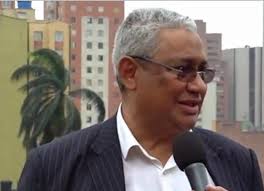
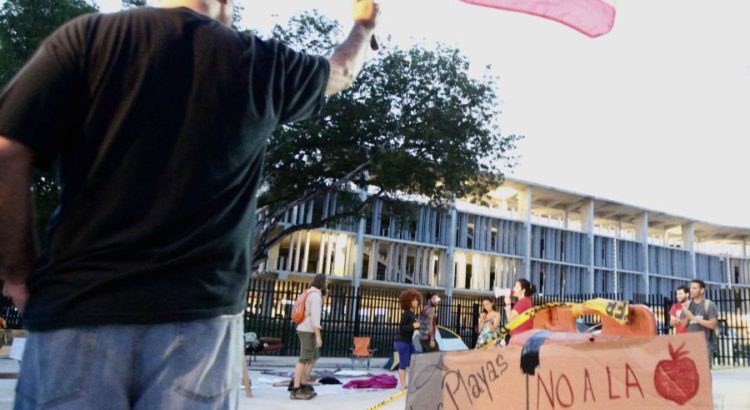
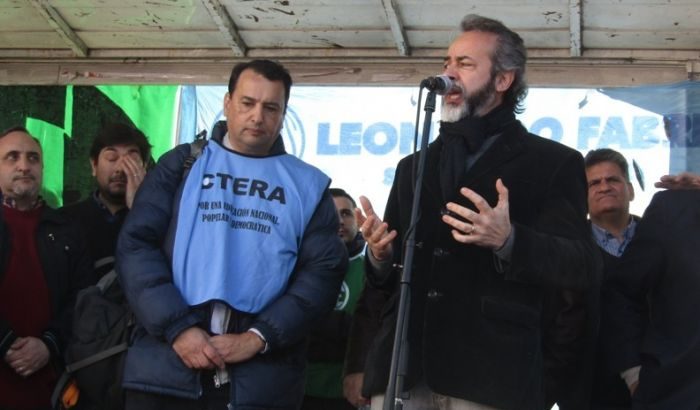
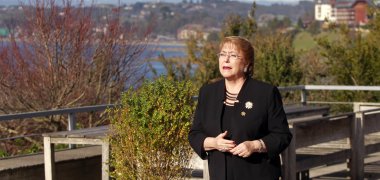
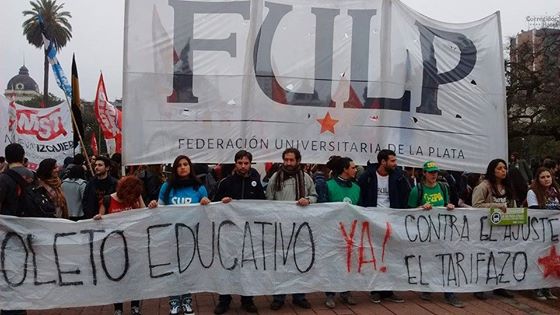
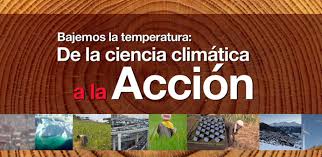
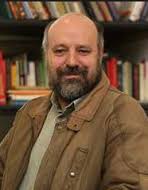








 Users Today : 13
Users Today : 13 Total Users : 35460982
Total Users : 35460982 Views Today : 20
Views Today : 20 Total views : 3420456
Total views : 3420456